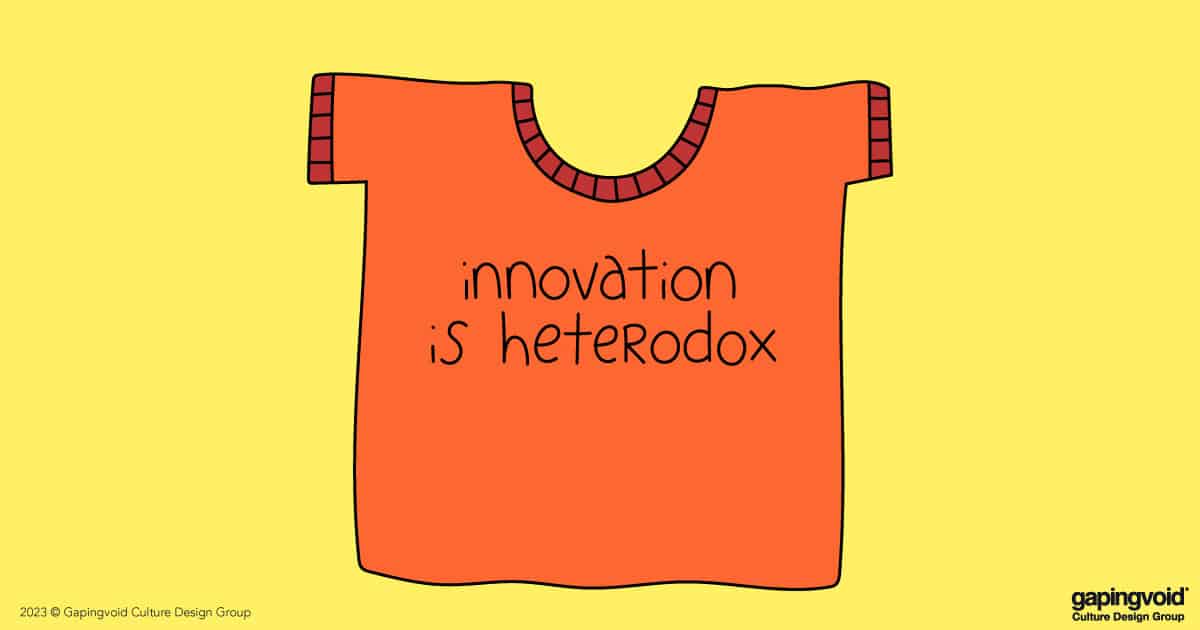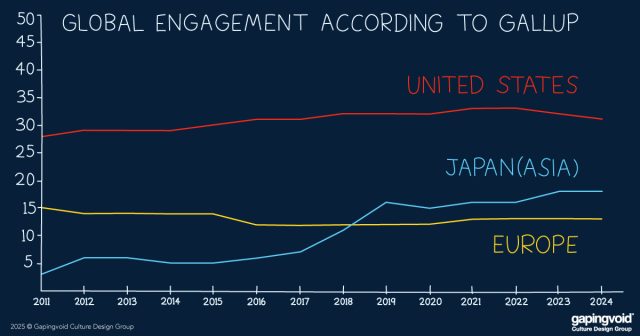
If you follow the work of NYU social psychologist Jonathan Haidt, he’ll tell you where he believes the current university system is going wrong and American culture in general.
Though it’s a complex and contentious topic, one of the key reasons he cites for it is the rise of orthodoxy in universities, at the expense of heterodoxy.
Orthodox in this case means the idea that there is one “right” way of thinking, as opposed to heterodox, which means that there should be many ways.
This lack of heterodox thinking allows orthodox thinking to grow unopposed, which gives it space to become more extreme and less tied to reality. We’re increasingly seeing this in our educational institutions, which Haidt believes are becoming “morally and politically homogenous” and “structurally stupid.”
An example he cites in the Tim Ferris podcast is universities’ bias response teams. In other words: a number plastered in all the usual places to report instances of perceived offense or discrimination. This is one of the latest instances of a cultural trend toward intellectual safety.
Let us be clear, nobody should be discriminated against, and the intention of these hotlines comes from a good place. The challenge? Language is thought, and thought is language. If you limit dissenting language, you limit thought. You send the message that it’s not okay to disagree. And we’re seeing that play out in education in different ways across the country.
Having differences in viewpoints is critical to doing good work. It then becomes our responsibility to create communities that support respectful disagreement where people aren’t silenced, ostracized, or canceled.
And it’s not just colleges that should be wary of this new orthodoxy, businesses should be concerned as well.
Why? For the simple fact that, as Haidt says, “Innovation is heterodox…To do our jobs, we have to have not just viewpoint diversity but a sense of grace, a sense of tolerance, a sense of intellectual humility, and generosity. We have to be able to think together… [and not] get fired for doing it.”
It’s hard to come up with new ideas if you know going against the grain will cost you your job.
Great cultures are not fragile. They are not afraid of change, and they’re not afraid to see their ideas challenged, even the good ones. They welcome new ideas and new people into the mix.
As we’re fond of saying around here, “Different thinking requires different thinkers.”



